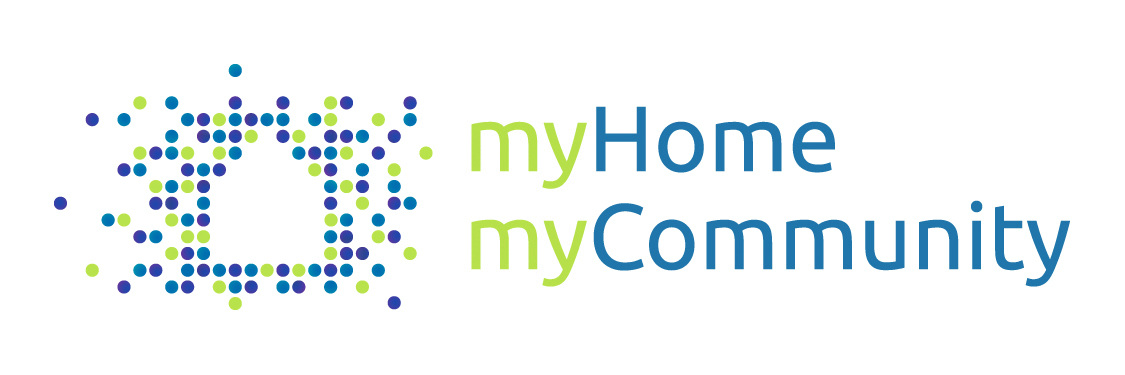Public Education & Awareness
Through our national Demonstration Initiatives, My Home My Community is profiling innovative approaches to inclusive, affordable housing models that provide support and advance social inclusion for people with an intellectual disability.
Our Demonstration Initiatives are about finding and sharing what works - so that housing sector, community partners, and families can take the lead in replicating these innovative solutions in their own communities.
The National Housing Strategy has increased the opportunity for inclusive housing to be developed at a larger scale. Our Demonstration Initiatives pair this opportunity with the practical knowledge to support a Canada-wide transition from congregate residential facilitities to inclusive housing that is centred around the person.
Inclusive Housing Development
Partnership Driven Housing Development
Local or provincial/territorial community organizations can partner with families and housing sector professionals to develop new housing.
ToolKit #1 – Partnering with Developers : Information about how to replicate a partnership model approach with developers for inclusive housing.
Case Study 1: Community Living Toronto, Toronto, ON : This case study may be of particular interest to organizations that have capacity to provide supports in a larger building or development, but do not have physical assets (for example, surplus land, or real estate) they can leverage or the expertise to develop a building.
Family Driven Housing Development
Many families have ideas or are successfully developing their own housing solutions. With support, knowledge sharing, and financial tools, more people with lived experience can take action.
ToolKit #2 – Family-Lead Housing Development : Information about how to replicate a family-led model approach for inclusive housing.
Case Study 2: Legacy Homes, Brockville and District Association for Community Involvement, Brockville, ON : This case study may be of particular interest to families looking to leverage their own assets to develop a housing solution for their family member with an intellectual disability. It may also inspire organizations to work together with groups of families to develop customized housing solutions for people with an intellectual disability.
Agency Driven Housing Development
Housing and support providers for people with an intellectual disability are seeing a mismatch between their own principles of inclusion and outdated models of residential services. Increasingly, housing providers are looking to leverage their assets and invest in inclusive housing that prioritizes the needs of people with intellectual disabilities but welcomes residents both with and without disabilities.
Toolkit #3: Agency Driven Housing Development : Information about how to replicate an agency-driven model approach for inclusive housing
Case Study 3: UNITI-Chorus - Semiahmoo House Society, South Surrey, BC : This case study may be of particular of interest to organizations who have capacity to provide supports in a larger building, as well as the internal capacity and land or other equity available they can leverage to develop such a building.
Homeownership
Sole ownership
A person with an intellectual disability owns the home in their own name. Financial and legal support are often provided by a trusted network of family members and friends.
Joint ownership
A person with an intellectual disability jointly owns the home with parent(s), a partner, and/or sibling(s).
Ownership through bare trusts
Trustees hold legal title to the property. All risks and rewards of ownership remain with the person with an intellectual disability.
Pathways to Homeownership Case Study Report : Information about specific models of homeownership with real life examples of people with developmental disabilities that have purchased a home.
Review of legal, tax, and planning implications of homeownership options : Technical explanations of the three approaches featured in Pathways to Homeownership (sole ownership, joint ownership, and bare trusts).
Workbook for Professional Advisors : A detailed workbook for professional advisors like lawyers, accountants, and financial advisors with advice on evaluating models of homeownership.
Plain English Workbooks for Self-advocates and Families : Workbooks to help you decide if homeownership is right for you.
